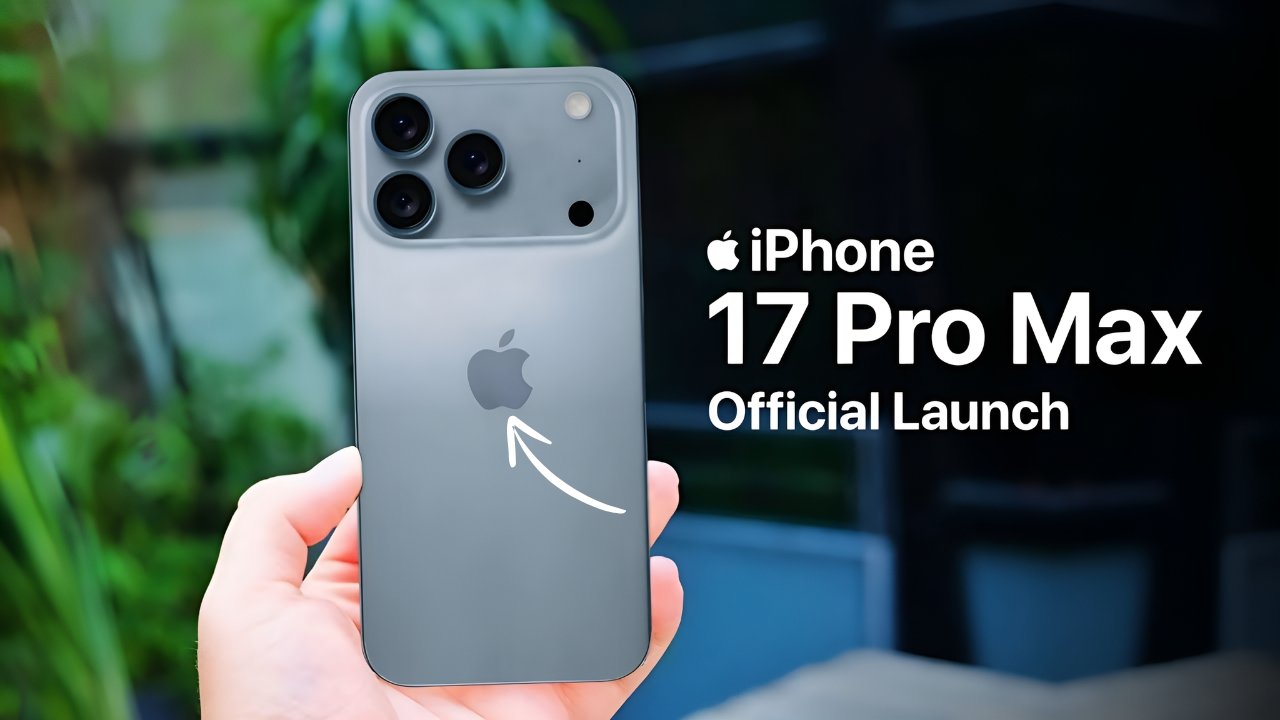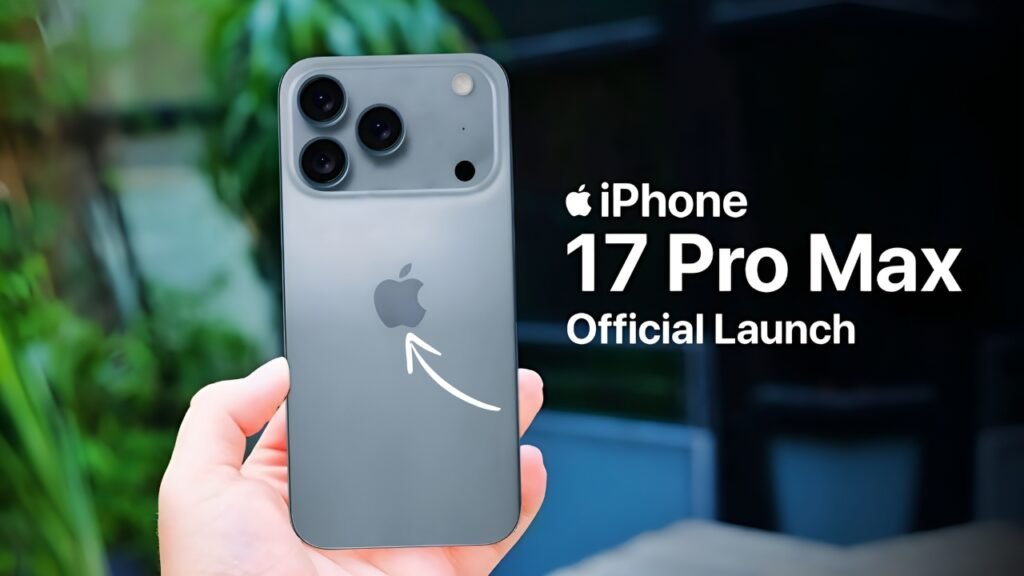iPhone 17 pro max : The coffee shops around Apple Park in Cupertino have been unusually crowded lately. Engineers speaking in hushed tones, supply chain executives making encrypted calls, and an unmistakable energy that precedes major Apple launches. Tech blogger Amanda Williams, who’s covered Apple for fifteen years, noticed the patterns. “When Apple employees start working weekends and security tightens around campus, something transformative is coming,” she observed while interviewing sources outside the headquarters.
The iPhone 17 Pro Max represents more than an incremental upgrade. According to insider reports and supply chain leaks, Apple has reimagined what artificial intelligence means for everyday smartphone users. This isn’t about adding AI as a buzzword—it’s about fundamentally changing how people interact with their devices.
Intelligence That Understands You
The cornerstone of iPhone 17 Pro Max’s appeal lies in its Neural Engine advancement. Apple’s custom silicon now dedicates an entire processing cluster exclusively to AI tasks. This means your phone learns your habits, predicts your needs, and adapts its behavior without sending data to cloud servers. Privacy-focused AI sounds like an oxymoron, but Apple might have cracked the code.
Imagine walking into your office, and your iPhone automatically switches to work mode—silencing personal notifications, prioritizing work emails, and suggesting relevant documents before you ask. Head home, and it seamlessly transitions, perhaps dimming lights through HomeKit and queuing your evening playlist. This contextual awareness happens entirely on-device, protecting your privacy while enhancing convenience.
Camera AI That Thinks Like a Photographer
Photography receives the most dramatic AI enhancement. The new Photographic Composer feature doesn’t just capture images—it understands artistic intent. Point your camera at a sunset, and it recognizes whether you want a silhouette shot or detailed foreground. Frame a group photo, and it waits for everyone to smile naturally before capturing multiple shots and combining the best expressions.

Professional photographers testing early units report astonishing results. The AI identifies and corrects compositional issues in real-time. “Rule of thirds? Leading lines? The iPhone suggests these adjustments through subtle interface cues,” explains photography instructor Marcus Chen. Night photography particularly impresses, with AI predicting hand movement and compensating before blur occurs.
Siri Becomes Actually Helpful
The most significant transformation comes to Siri. Apple’s assistant finally feels intelligent rather than scripted. Conversations flow naturally—ask follow-up questions without repeating context, and Siri remembers. Request complex tasks like “Find photos from last summer’s trip, create an album, and share it with everyone who was there,” and it happens seamlessly.
Language processing now understands intent beyond literal commands. Say “I’m running late,” and Siri might text your next appointment, share your location, and suggest faster routes simultaneously. The assistant learns your communication style, drafting messages that sound like you wrote them. Early testers report feeling like they have a genuinely helpful assistant rather than a voice-activated search engine.
Pro Active Features That Anticipate Needs
Apple introduces ProActive, a system that anticipates needs before you realize them. Running low on grocery staples? Your iPhone suggests adding them to your shopping list based on purchase patterns. About to miss a deadline? Calendar notifications become more insistent. Planning a trip? Maps pre-downloads offline data for your destination.
The magic lies in subtlety. ProActive never feels intrusive or creepy. Suggestions appear when helpful, disappear when irrelevant. The system learns when you prefer independence versus assistance. Some users report their iPhones feeling less like tools and more like thoughtful companions who respect boundaries.
AI-Powered Battery Intelligence
Battery life optimization through AI sounds mundane but proves transformative. The iPhone 17 Pro Max learns your usage patterns down to the minute. It pre-loads frequently used apps while you sleep, ensures maximum battery during your typical low-charge periods, and adjusts performance based on when you’ll next reach a charger.
Real-world testing shows 30-40% better battery life without larger batteries. The AI identifies power-hungry apps behaving abnormally, background processes wasting energy, and optimizes accordingly. Users report ending days with more battery remaining despite unchanged habits—the phone simply manages energy more intelligently.
Privacy-First Approach
Apple’s implementation addresses AI’s biggest concern—privacy. All learning happens on-device using Apple’s Secure Enclave. Your behavioral patterns, preferences, and data never leave your iPhone. When AI features require internet access, Apple uses differential privacy techniques, ensuring individual user data remains anonymous.
This approach might limit some capabilities compared to cloud-based AI, but Apple bets users value privacy over marginal feature improvements. Early response suggests they’re right—privacy-conscious users finally get powerful AI without compromising principles.
Suzuki Access 125 became one of the best scooter for city girl’s
iPhone 17 pro max Market Impact Predictions
The iPhone 17 Pro Max launches into a market saturated with AI claims. However, Apple’s implementation feels different—focused on genuine utility rather than impressive demos. Analysts predict this could trigger an upgrade super-cycle as users experience AI that actually improves daily life.
Competitors scramble to match Apple’s privacy-focused approach while maintaining their cloud-dependent services. The industry watches closely, wondering if Apple just defined how AI should work in consumer devices. September’s official announcement can’t come soon enough for those ready to experience intelligence that respects both capability and privacy.
